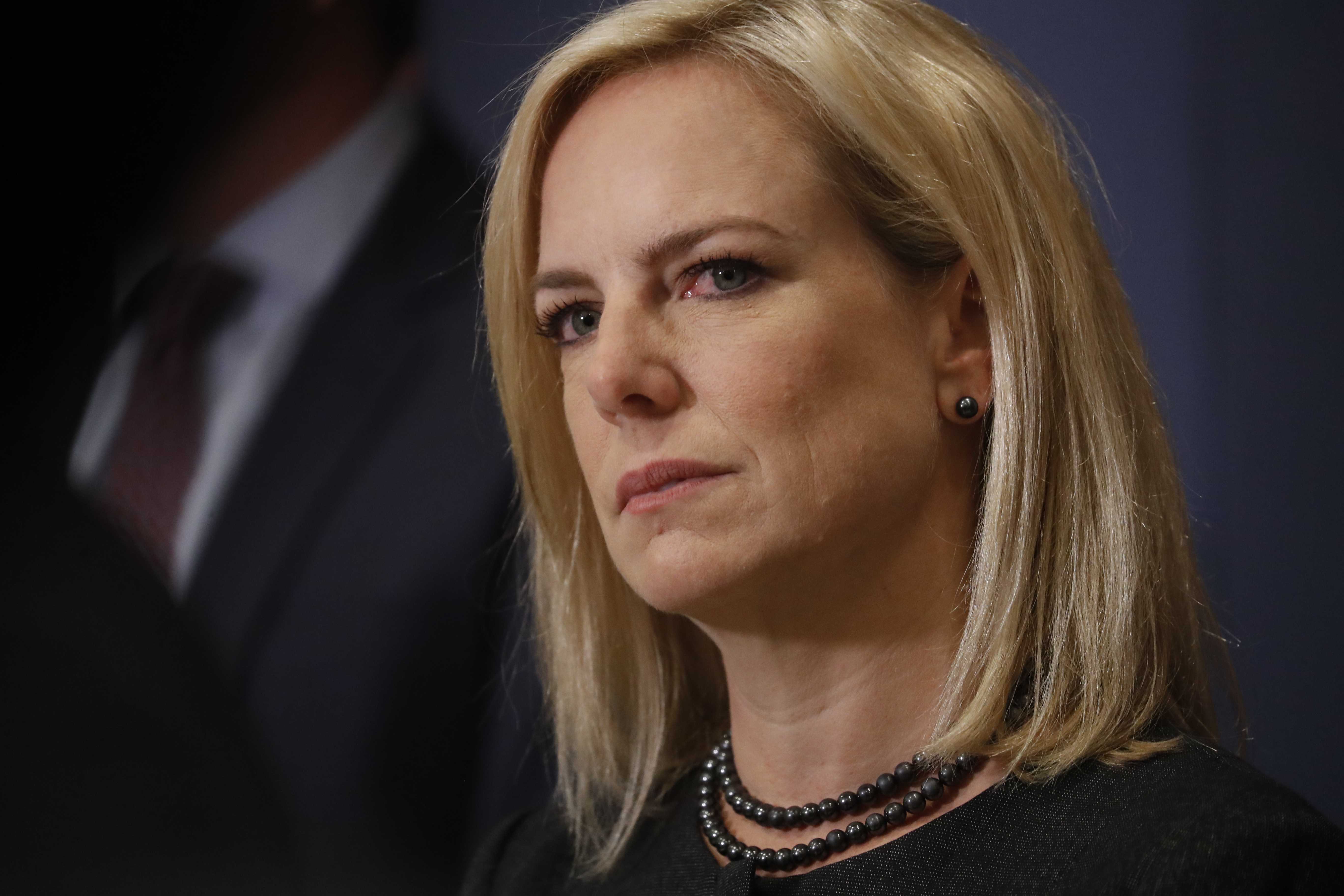
Important Takeaways:
- The Biden-Harris administration has not lifted a finger against Iran for a reported 200 attacks on US troops in the Middle East, which include firing on US Navy ships, closing the Suez Canal, launching a Hamas-Hezbollah-Houthi War against Israel, not to mention the atrocities Iran’s regime commits every day against its own people. By ignoring sanctions against Iran and presenting no deterrence, the administration has, in fact, set up Iran to do all of that.
- The US could probably close down Iran’s election-interference activities, but [m]ore to the point, the administration has the same goal as the Iranian regime: it does not want Trump elected, either.
- These Iranian efforts include fraudulent websites posing as news sites, and the impersonation of social and political activist groups “to stoke chaos, undermine trust in authorities, and sow doubt about election integrity.” — Microsoft Threat Analysis Center, August 9, 2024
- [T]here can be no doubt that a Trump presidency poses a genuine threat to Iran. Meanwhile, the lavish gifts, accommodations and appeasement that the Biden administration continues to shower upon the world’s largest state sponsor of terrorism, ensures the Islamic regime’s survival.
- The Kamala Harris campaign has previously said it had no indication it was hacked. Of course, why would Iran seek to harm Harris’s campaign in any way, when her presidency would guarantee the continuation of appeasement and accommodation that has been the norm for the Democratic party ever since Barack Hussein Obama was president?
- The million-dollar question is what the Biden-Harris administration is doing to deter, discourage and hold accountable Iran’s Islamist regime for seeking to influence, destabilize, and hack the US elections? The answer appears to be: nothing
- The Biden-Harris administration itself, after all, has been infiltrated by Iranian agents, as an investigation by Semafor showed last fall, with at least three Iranian agents working directly under U.S. Special Representative for Iran Rob Malley.
- One of the agents, Ariane Tabatabai…. has been allowed to keep not only her job at the Pentagon, but her security clearance as well.
- In the end, the Biden-Harris administration itself is the most important shill for Iran…. Why would the Biden-Harris administration want to deter Iran from anything?
Read the original article by clicking here.






